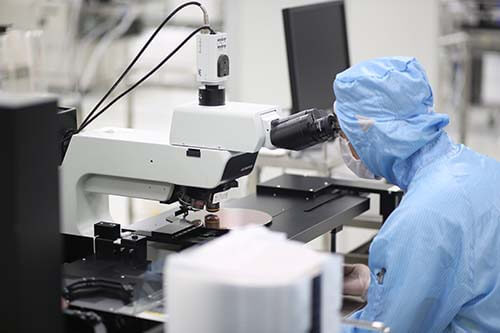(ATF) China’s leading maker of chips used in internet of things and smart-city applications has been approved for listing on Shanghai’s tech-heavy STAR Market.
Fudan Microelectronics Group plans to raise 600 million yuan in the float to fund its development of field-programmable gate arrays (FPGAs), security and identification products that are widely used for finance, city public transportation, electronic certification, mobile payment, and other applications.
The move comes as China pushes the development of its high-tech industries as it seeks to recast its economy at the digital vanguard, powered by high-speed 5G interconnectivity. The ambition has been given added impetus by the coronavirus pandemic, which sparked a financial meltdown that reduced the nation’s growth estimate for the 2020.
Fudan Micro’s RFID chips, smart-card chips and other products are used in devices made by domestic and foreign manufacturers, including Samsung, LG, VIVO, Haier, Hisense, and Lenovo, the sale prospectus said.
TECH WAR: SMIC restrictions put China’s home-made chips plan in doubt
The company started FPGA research and development in 2000. In the second quarter of 2018, Fudan Micro took the lead in launching 100-million-gate FPGA products with a 28nm process.
In the era of 5G and artificial intelligence, the advantages and importance of FPGAs have become increasingly prominent. Fudan Micro is gearing research and development towards applications such as artificial intelligence, big data and the Internet of Things.
As of June 30, the company had 161 domestic invention patents, nine domestic utility model patents, two domestic design patents, six overseas patents, 148 integrated circuit layout design registration certificates, and 213 software copyrights, according to the sale prospectus. A complete independent intellectual property system has been established.
Fudan Micro intends to publicly issue no more than 122.55 million yuan of ordinary shares to the public. After deducting the issuance costs, the actual raised funds will all be used for programmable system-on-chip R&D, industrialisation projects and development and technology reserve funds.
























